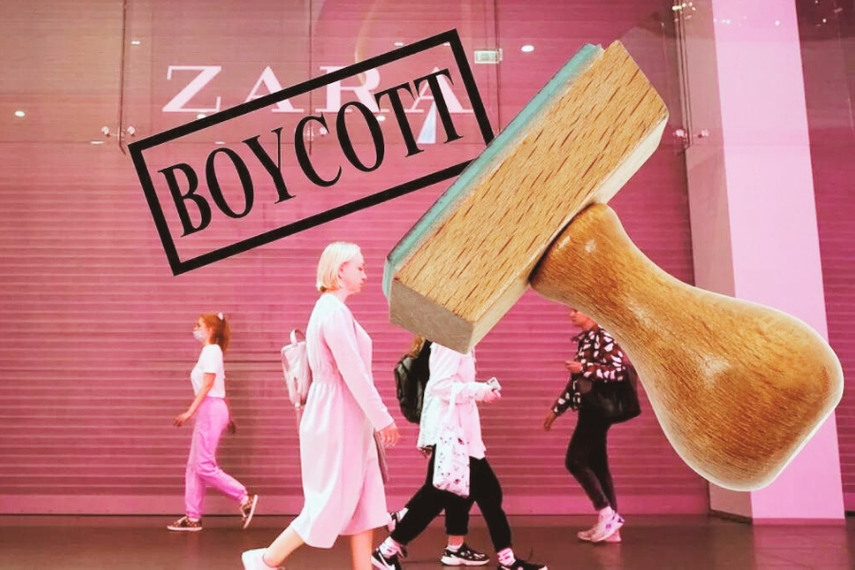
Please sign in or register
Existing users sign in here
Having trouble signing in?
Contact Customer Support at
[email protected]
or call+852 3175 1913
Shunning companies whose products pose health risks, such as containing toxic or cancer-causing substances, stands out as the primary motivation for consumers worldwide to cancel brands.

Contact Customer Support at
[email protected]
or call+852 3175 1913
Top news, insights and analysis every weekday
Sign up for Campaign Bulletins
The first ever Cannes Lions Grand Prix withdrawal for AI misuse signals a watershed moment, but is this just the beginning of a much bigger reckoning for marketing in the AI age?
Tricky deliberations, outside influences and questionable entries can make the quest to recognise the best work with an award a difficult one.
AMV was the incumbent on Bombay Sapphire's account and BBDO held the Bacardi Rum and St Germain accounts.